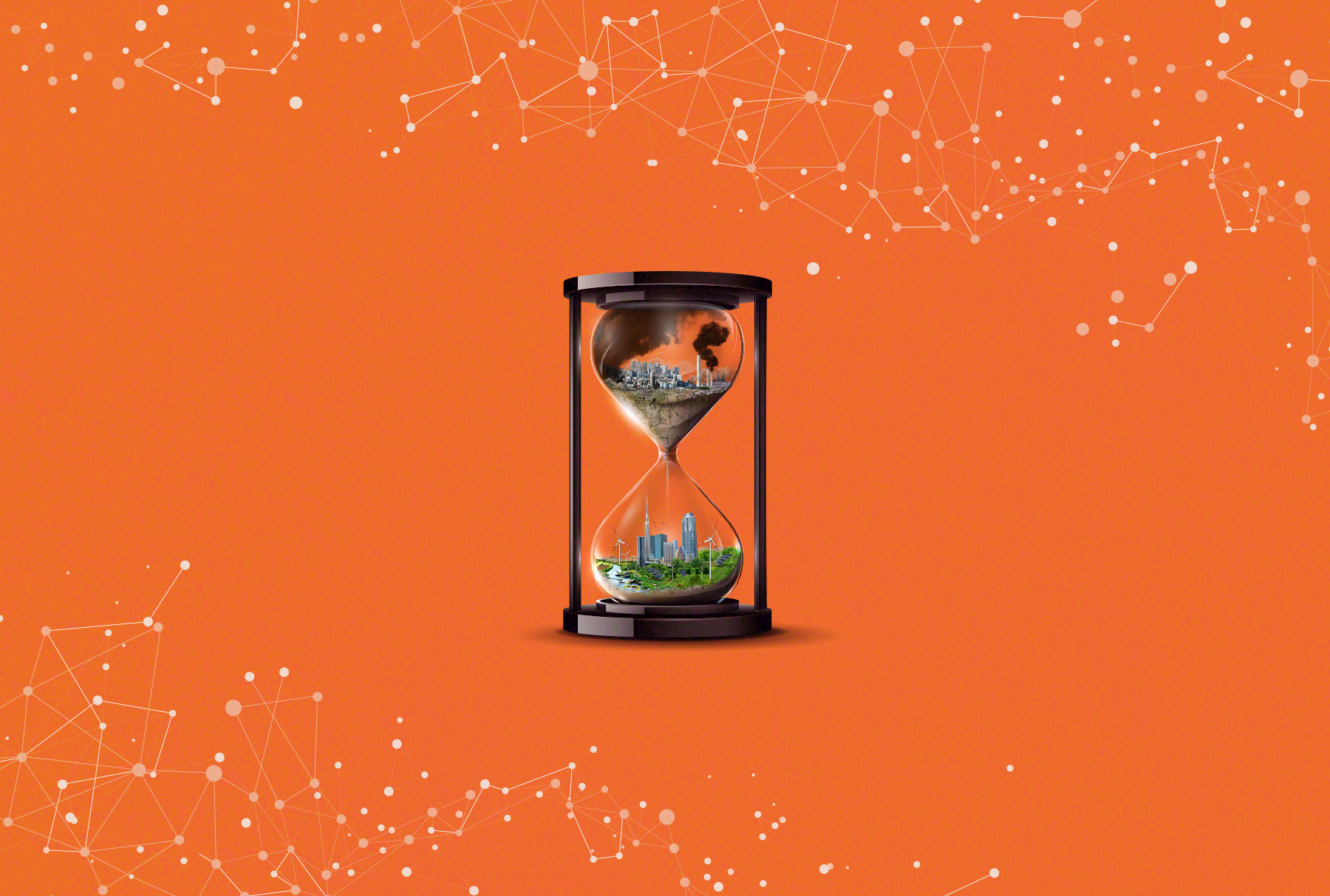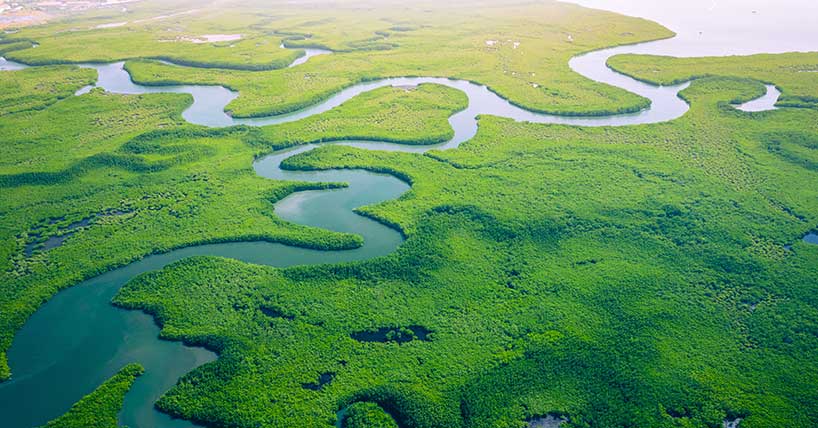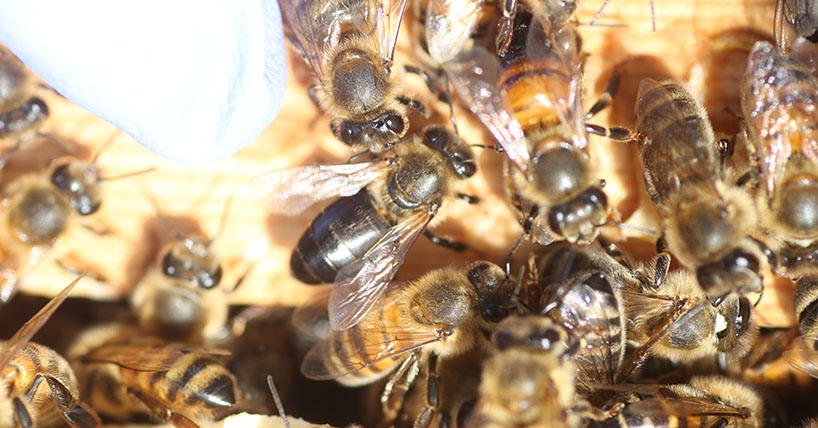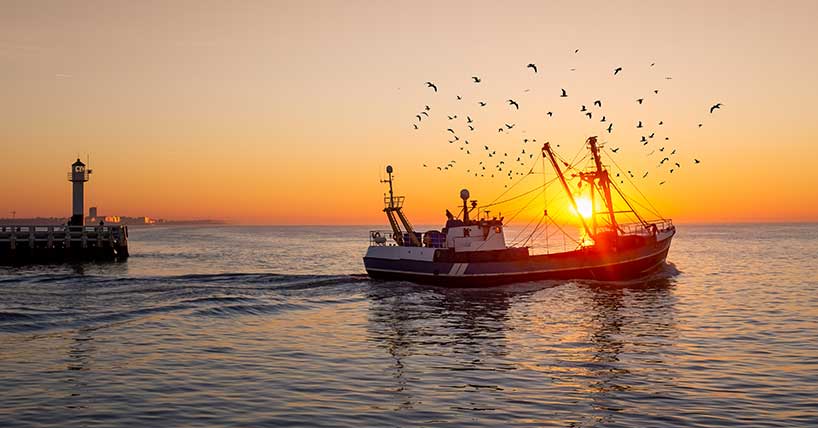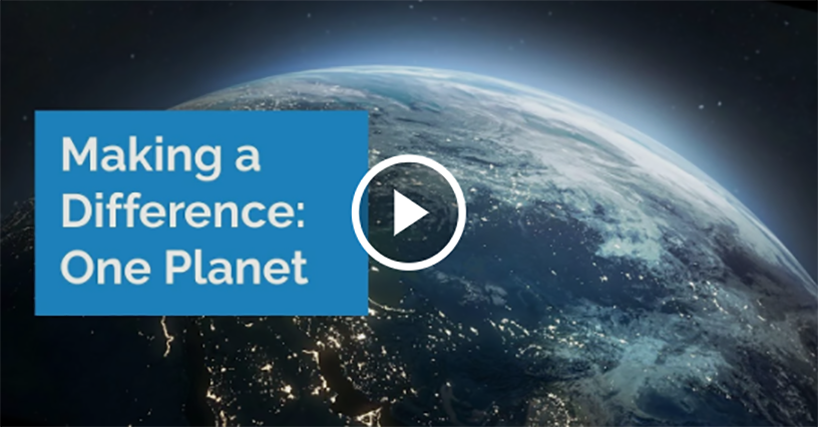Net Zero Cluster Group
We see an urgent need for creativity that crosses disciplines, to make leaps of the imagination, and together achieve net zero.
Help us help our planet achieve net zero
We are seeking academics to be a part of a multidisciplinary research community. We strive to accelerate net zero research and education.
By bringing together a wealth of expertise across disciplines, we unify efforts towards new ways of thinking about net zero. Our vision is to:
- contribute to the delivery of net zero
- ensure sustainable consumption and production
- ensure fairer distribution of resources
- reduce our impact on the environment
Taking action on the climate and ecological crises
Without a doubt, one of the most significant challenges of our time is the threat posed by climate change.
There's an urgent need for innovative solutions to protect our planet.
COP26 saw nations making commitments to achieve net zero.
Newcastle University itself has committed to supporting the global response.
We seek to achieve net zero emissions by 2030.
Implications of net zero
Net zero touches many aspects of our lives. That includes how we:
- consume natural resources such as water, energy, and food
- transport goods and ourselves around the planet
- design, manufacture, procure, dispose of goods
- fund and finance services and pensions
It also includes the:
- impact of our activities on air quality
- depletion of species
- destruction of forests and ice-caps
- global inequity in who pays and who benefits
Achieving net zero together
Achieving net zero will require the best minds from a range of disciplines. We need to create the new knowledge to provide alternatives to existing practices.
It requires collaborative partnerships between these disciplines, and with:
- business, policy makers and investors to address technical, economic, and social barriers to implementation
- creative industries to illuminate new ways of seeing the world
In parallel we need to:
- develop new skills in our existing workforce
- promote creativity
- change our ways of working and rise to the challenge
This is where you come in.
We're asking questions. Can you answer them?
We’re asking questions such as:
- Can we better understand the causes of extreme weather events and mitigate their impact?
- How can we model and predict the impact of adaptation measures?
- Can energy systems become truly resilient as they cope with both growing demand from electrification and increased use of renewables for generation
- Can we enable food and water security for all?
- How can we design, manufacture and market net zero transportation?
- How do we support businesses and organisations to achieve net zero targets?
- How do we design land-use systems that incorporate nature-based solutions for mitigating greenhouse gas emissions?
- How can we achieve net zero and ensure it does not impact on health and wellbeing, particularly in the most marginalised and deprived parts of our and the global population?
- What forms of local, national, and/or global governance will be required to achieve net-zero and ensure social justice?
- How are the arts and humanities reimagining sustainable futures in the anthropocene?
We’re recruiting to these opportunity areas*:
|
|
|---|
* These are broadly conceived areas.
